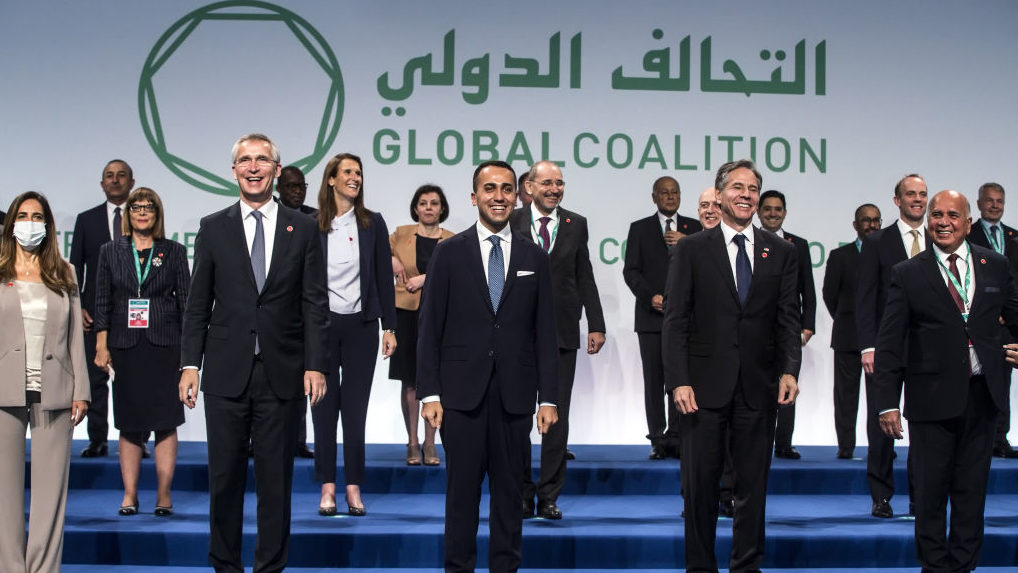The Rome Summit and the Future of Syria
Al-Ittihad, UAE, July 2
The meeting of the Global Coalition to Defeat ISIS held in Rome last week was received with mixed feelings in Syria. For the optimists, the meeting – chaired by US Secretary of State Antony Blinken – was viewed as a fresh start to the US policy on Syria, symbolizing a transition from a passive stance to a more proactive and aggressive American policy. It was important that the meeting was chaired by the US secretary of state and included participants of seven major allies representing the Arab world, in addition to the Arab League, the European Union, and the United Nations. It was also remarkable that Russia, Iran and Syria were absent from the meeting. Optimists believe that the United States rushed to hold this summit ahead of the Security Council session scheduled for July 10, in which the issue of border crossings into Syria will be discussed. The United Nations is adamant that the Bab al-Hawa crossing, located on the Syria-Turkey border, remain open for the delivery of humanitarian aid. Should the crossing be closed, millions of Syrians will be at risk of starvation in the northern part of the country. Russia’s clear goal is to tighten its grip on the areas outside the authority of the Syrian government, and this is what Western countries reject. Secretary Blinken addressed this issue directly when he announced that he would personally attend the talks at the UN to ensure that the crossing stays open. This position is in line with the overall approach of the Biden administration, which seeks to restore America’s moral leadership on key issues around the globe. In the past few months, the Biden administration kept silent about its stance on Syria. Many observers interpreted this silence as a lack of interest. However, the Rome Summit tells a different story that positions Syria at the top of the US foreign policy agenda. The Rome meeting is important in that it’s the first international meeting to discuss the Syrian issue after years of American neglect. As for those in Syria who are more pessimistic, the prevalent sentiment is that the meeting won’t offer any tangible progress toward a political solution. They fear that the meeting will lead to more empty promises about the necessity of a cease-fire and a de-escalation of the violence. These words have become empty statements with no real impact on the ground. The pessimists also see that Blinken’s calls for reconciliation and construction need clarification, as no reconciliation can begin before the current political scene changes completely. Years of neglect have pushed Syria to the climax of unprecedented suffering, which will only come to an end by strengthening the international position on Syria. This position must transcend small interests and desires. – Dr. Riad Na’asan Agha (translated by Asaf Zilberfarb)


